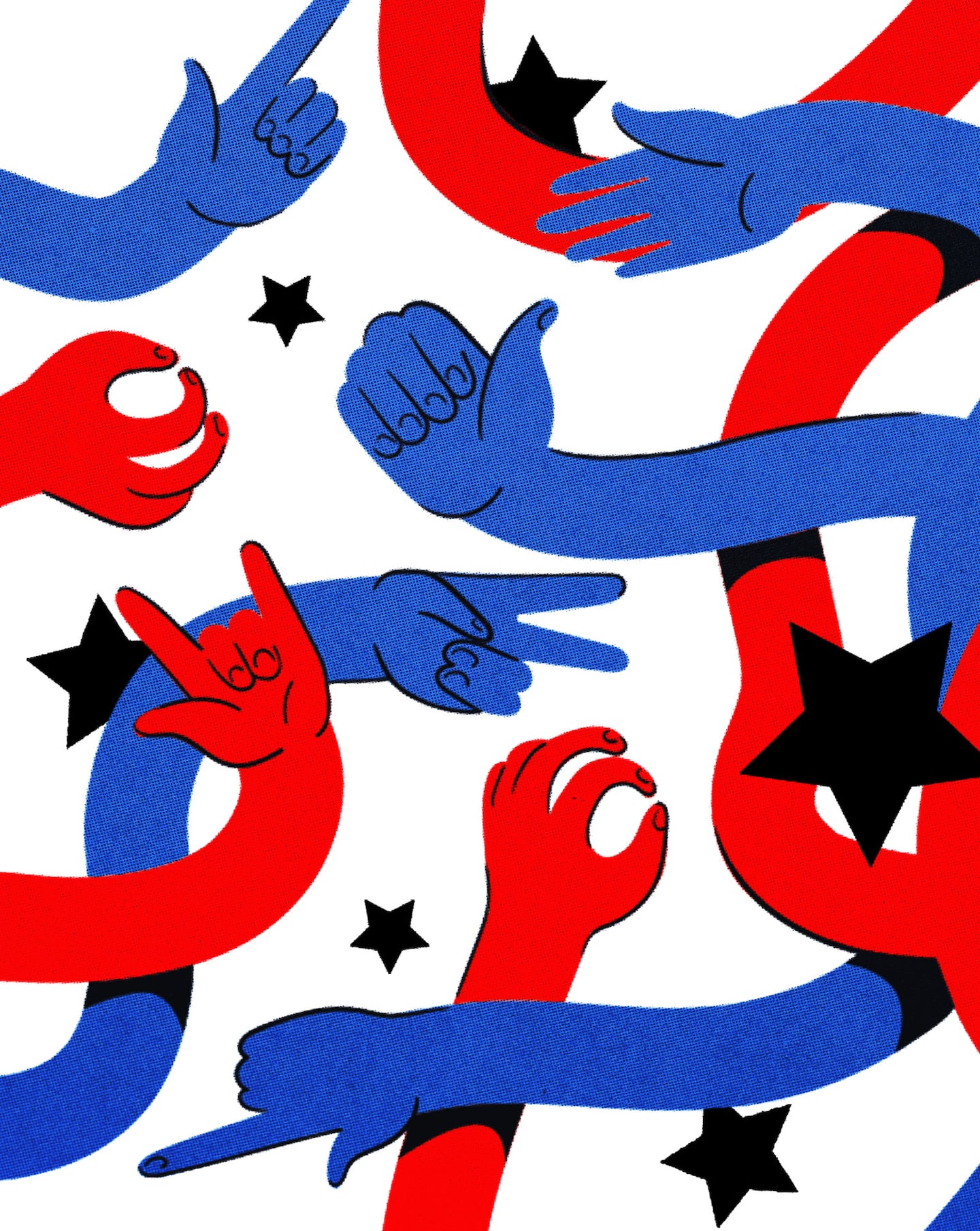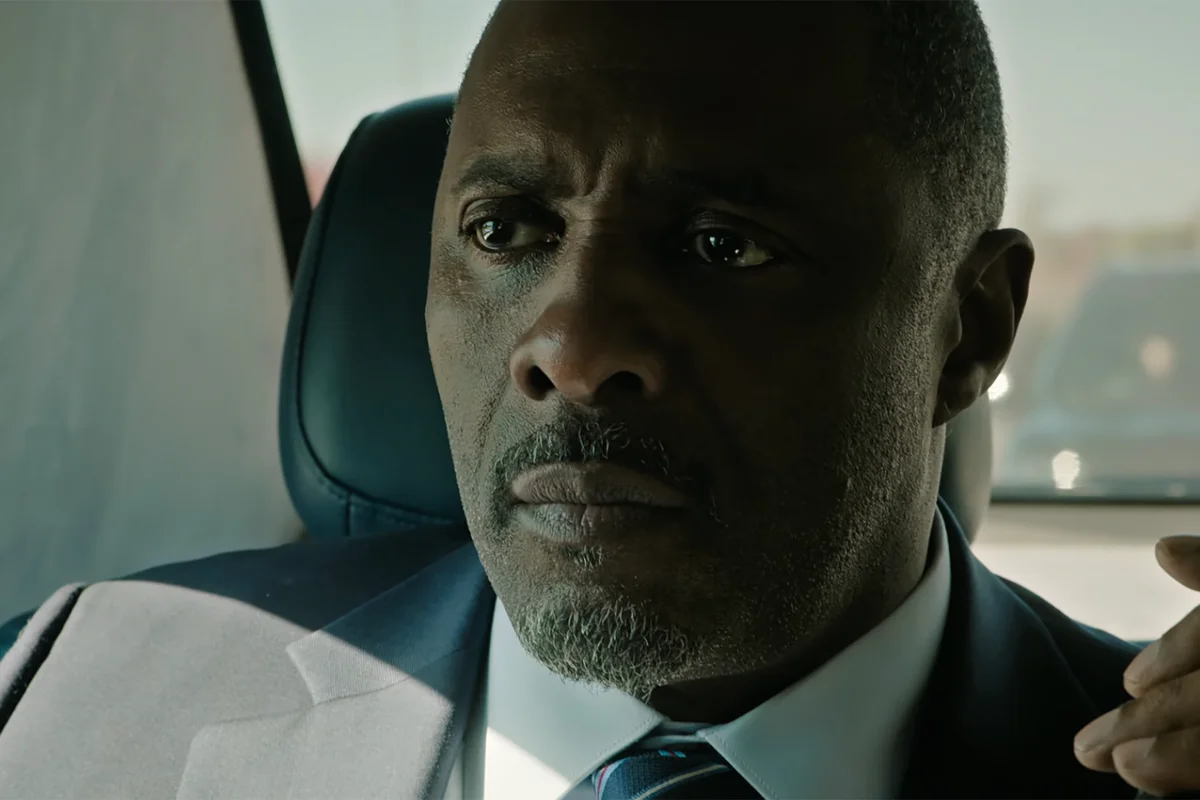Copyright The Boston Globe

Woodard, a journalist and historian, founded and directs the Nationhood Lab, a research center based at Salve Regina University in Rhode Island that analyzes data about political differences across the nation. The project is an extension of work he began in an earlier book, “American Nations‚" in which he argued that the United States is made up of 11 distinct nations with their own regional cultures and politics. They are Yankeedom (founded by Puritans in New England); New Netherlands (formed by Dutch traders around New York); the Midlands (Philadelphia Quakers); Tidewater (Virginia, founded by English aristocrats); Deep South (a plantation society founded by slave traders); Greater Appalachia (settled by Ulster Scots and other Borderland people from Great Britain); New France (based in Southern Louisiana, and also Quebec); El Norte (Spanish colonial settlers starting in Southern California); Far West (vast open spaces, influenced by Mormon settlers); Left Coast (settled by transplants from Yankeedom and El Norte); and First Nation (founded by the continent’s original inhabitants, now mostly pushed into US reservations and northern Canadian territories). “People started seizing on the map,” Woodard says, “so we started coding all the counties, and running data, especially around elections, and the results were profound.” Our political breakdown, he says, stems from the very beginning — after all, those early settlements were established with vastly different philosophies and often conflicting ideas about government, religion, and society. The settlements along the Eastern Seaboard united 250 years ago to claim independence from a bad king; perhaps, Woodard argues in the book, that same spirit can help us all pull together in a similarly perilous time for democracy. I spoke with Woodard by phone from his home in Maine. This conversation has been edited and condensed. For readers new to your work, what do you mean when you describe the United States as essentially a federation of nations? The Colonial projects that were formed in what’s now the United States were separate. They were founded at different times by people with very different religious, ethnographic, and political characteristics — those completely different societies were in no way expecting that they would wind up in a continent-spanning federation together. The late cultural geographer Wilbur Zelinsky’s theory, which I think is proven pretty well, is that when the first group of settlers manage to create a self-perpetuating society, the characteristics of that group have an a greatly outsized impact on the future trajectory, characteristics, and values of that society, even if their numbers were very small and the number of people who came later was enormous. In other words, they kind of format the hard drive. How do those regional differences play out today around hot button issues like immigration or abortion rights? Policy issues are profoundly affected by these regional divides. If you map data on public opinion at a county level, you will often see the patterns matching the American nation settlement pattern from three and four hundred years ago. It breaks down into whether the regions think that you create a free society by maximizing the autonomy of the individual — you know, less taxes, less regulation, less government would make individuals more free — or whether they think that you have to build and maintain a free society via a shared social project, which might require investments in roads, clinics, public schools, public universities, basic science. There are huge regional variations on gun control. There’s a classic one: Are you favoring the individual rights of the gun owner to be able to use, carry, and own firearms as they wish, or are you more concerned about the freedom and safety of the community? We ran per capita gun death data by county from the CDC and then rolled it into regions and the differences are pretty profound. And those differences did not go away when you controlled for race, urbanity, ruralness. The book is called “Nations Apart,” but you also point out that the general population is less divided on the issues than the leaders of our political parties would have us believe. We disagree on stuff, but it is not as polarized as it would appear from both the outcomes and the policy and political environment. We are becoming multiple countries, and in a sense we always have been, but divides between our regions are getting completely unmanageable. But the people themselves, if you take away their partisan identities and just ask them about values and what they think, we’re actually not that far apart. That’s kind of the tragedy: that we fooled ourselves into thinking of each other as our mortal enemies, when a lot of us agree on a lot of stuff. Toward the end of the book you write that our democracy is in danger of collapsing, and you pretty clearly lay the blame for this on the Republican Party. Do you ever worry that expressing partisan political opinions will turn off some readers? I speak to audiences of all sorts in different regions of the country, and people are generally appreciative to be talking about these things openly and directly. It’s not a “both sides” thing, you know. Biden and Obama didn’t knock down the East Wing of the White House, send federal troops to quell the people, go around closing down entire departments that are created by statute. There’s no comparison to that, so to try to pretend otherwise is not going to help anybody. You write about the founding myths for all the “nations” and then end the book with some narratives you propose could help us stay together. Do you really think this will work? Basically our whole history, even as a federation, has been over this: Are we a blood and soil ethnic state, as JD Vance argued at the Claremont Institute this July, or are we devoted to shared ideals, the ones in the Declaration of Independence? This has been a fight in the antebellum period, the Civil War, Reconstruction, Southern redemption, Jim Crow, the civil rights movement — and it’s the struggle now as the current administration is becoming more explicit in its rejection of the natural rights propositions in the Declaration. The good news is that in our polling we quickly discovered that Americans overwhelmingly prefer the Declaration and the civic definition of the country. It’s like 60-30 and crosses most segments — gender, education, region, generation, income levels — and it includes almost half of people who voted for Trump in 2020. Hardwired into Americans is this notion that all people have equal moral rights to pursue their happiness — that’s deeply woven in, and that’s what we need to reinvigorate.



